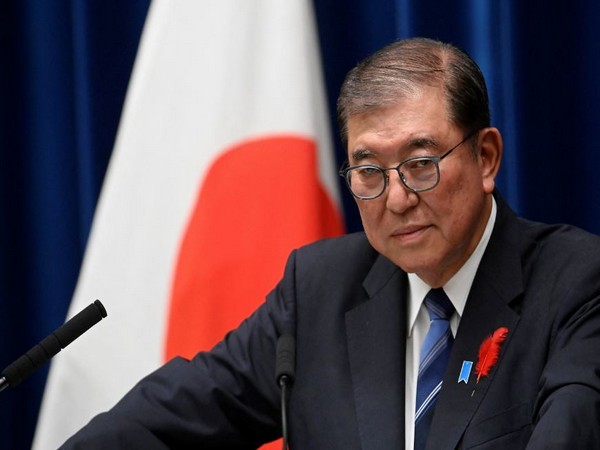Ishiba Faces Delicate Political Landscape Amid Voter Pressure and Global Challenges
Japanese Prime Minister Shigeru Ishiba has been reaffirmed as leader despite his coalition's loss of a parliamentary majority. Facing domestic and global challenges, Ishiba must now navigate a minority government, secure opposition support for policy agenda, and manage Japan-U.S. relations amid Trump's protectionist return.

Japanese lawmakers have voted to keep Shigeru Ishiba as Prime Minister amid a political landscape shaken by losing their majority in parliament. Ishiba, whose coalition was tarnished by scandal and public trust issues, faces pressing domestic challenges, including economic pressures and re-establishing international ties as Donald Trump returns to power in the U.S.
The ruling Liberal Democratic Party, with coalition partner Komeito, secured the most seats but faces reliance on smaller opposition parties for legislative support. A delicate minority government now governs, spotlighted by Japan's first runoff parliamentary vote in 30 years due to a lack of majority support initially.
Ishiba's immediate task is compiling a supplementary budget with voter and opposition pressure to increase welfare spending amidst rising costs. Discussions with the Democratic Party for the People may be crucial, though its leader, Yuichiro Tamaki, navigates personal scandals. Ahead, Ishiba prepares for the G20 summit, amidst concerns over potential U.S. trade tensions under Trump.
(With inputs from agencies.)









